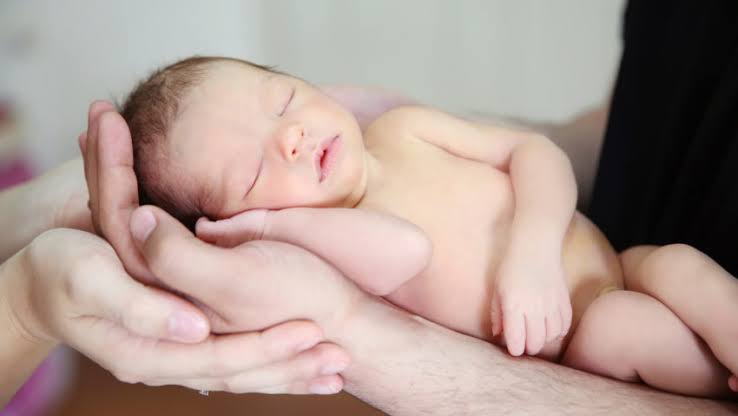Moisturisers do not prevent eczema in babies – Know other preventive measures
- Healthcare professionals have also recommended, in the past, to use moisturisers to prevent eczema among children.
- However, a recent study has found that eczema cannot be prevented by the use of moisturisers.
- Here is what you need to know about it, and how you can use other prevention measures.
New Delhi: From the second a baby is conceived, parents take it upon themselves to take care of their child, even if they have to lose sleep for it. Not only are new-born babies at a high risk of diseases and infections because their immune system is still building and adjusting to life in the world, but they may also take longer to recover from any infections.
According to a recent study, daily moisturisers may not be able to prevent infants from eczema. Eczema is a common condition that affects one in every five infants globally. While most parents use moisturisers to keep their babies safe from the skin condition, it may not be enough. Healthcare professionals have also recommended the use of moisturisers in the past, to prevent the condition. The study was published in the journal the Lancet and advised whether the advice could help prevent the disease, and the findings were negative.
What did the study find?
The researchers looked at 1394 newborn babies who were born in families where people had eczema, asthma or hayfever. The babies were divided into two groups – one group where moisturiser was applied on their skin, and the other where it was not. It was found that even the daily use of moisturiser during the first year of life could not prevent eczema in children. In fact, the use of such creams can increase the risk of food allergies, the study suggested.
What are the other prevention measures?
So, if not moisturisers, what can prevent eczema in babies? Here are some preventive measures and tips that can help:
- Dress your child in clothes of the right material. Cotton, linen, and other soft clothes are better to come in contact with the skin, as compared to itchy, drying materials like wool.
- Avoid skin contact with chemical products like soaps, disinfectants, etc.
- If you live in a colder place, do not keep the heat high in your house at all times.
- Avoid very hot baths, as hot water can remove the natural moisture from one’s skin. Make sure the baths are not very long.
Disclaimer: Tips and suggestions mentioned in the article are for general information purposes only and should not be construed as professional medical advice. Always consult your doctor or a professional healthcare provider if you have any specific questions about any medical matter




